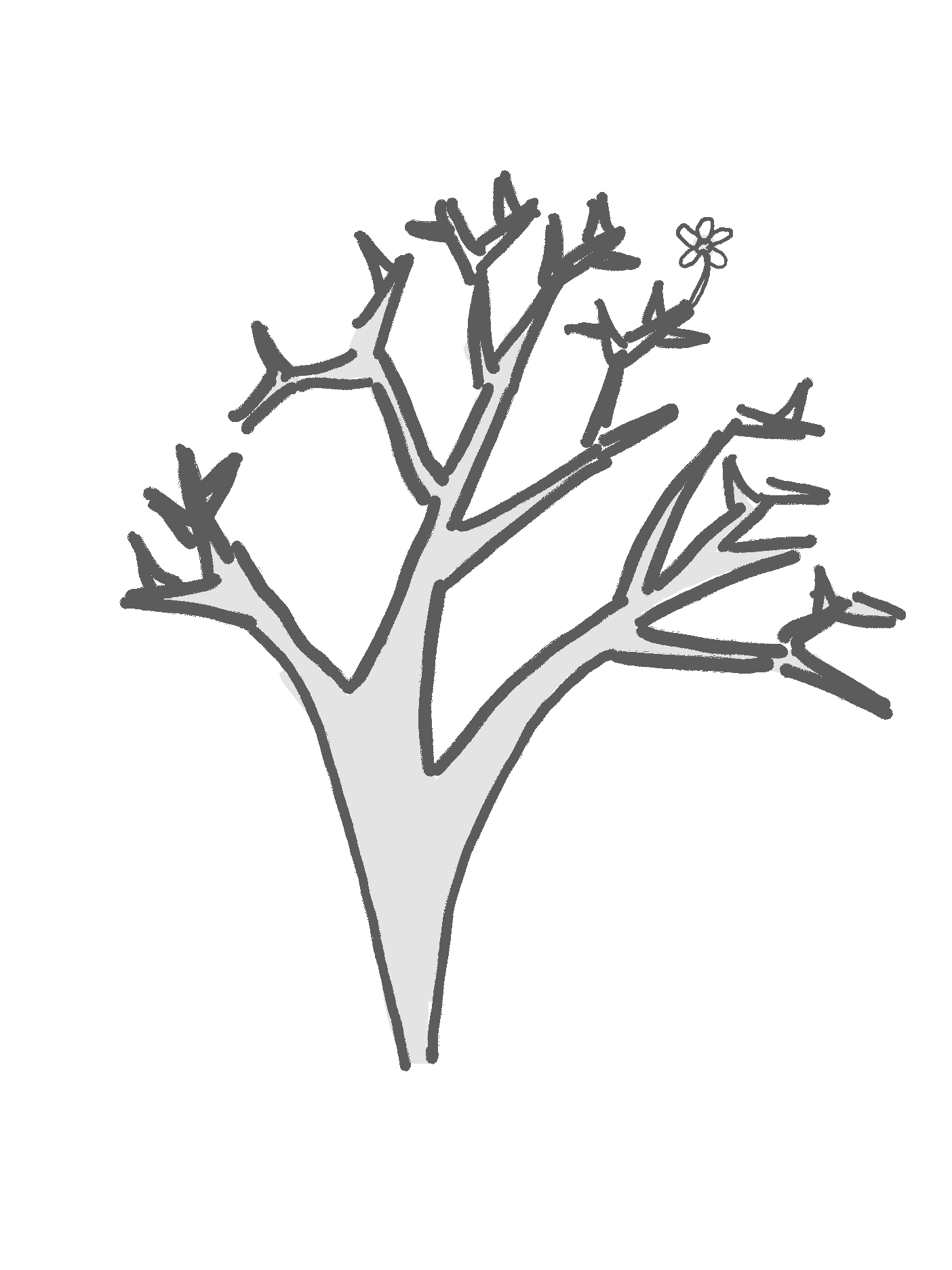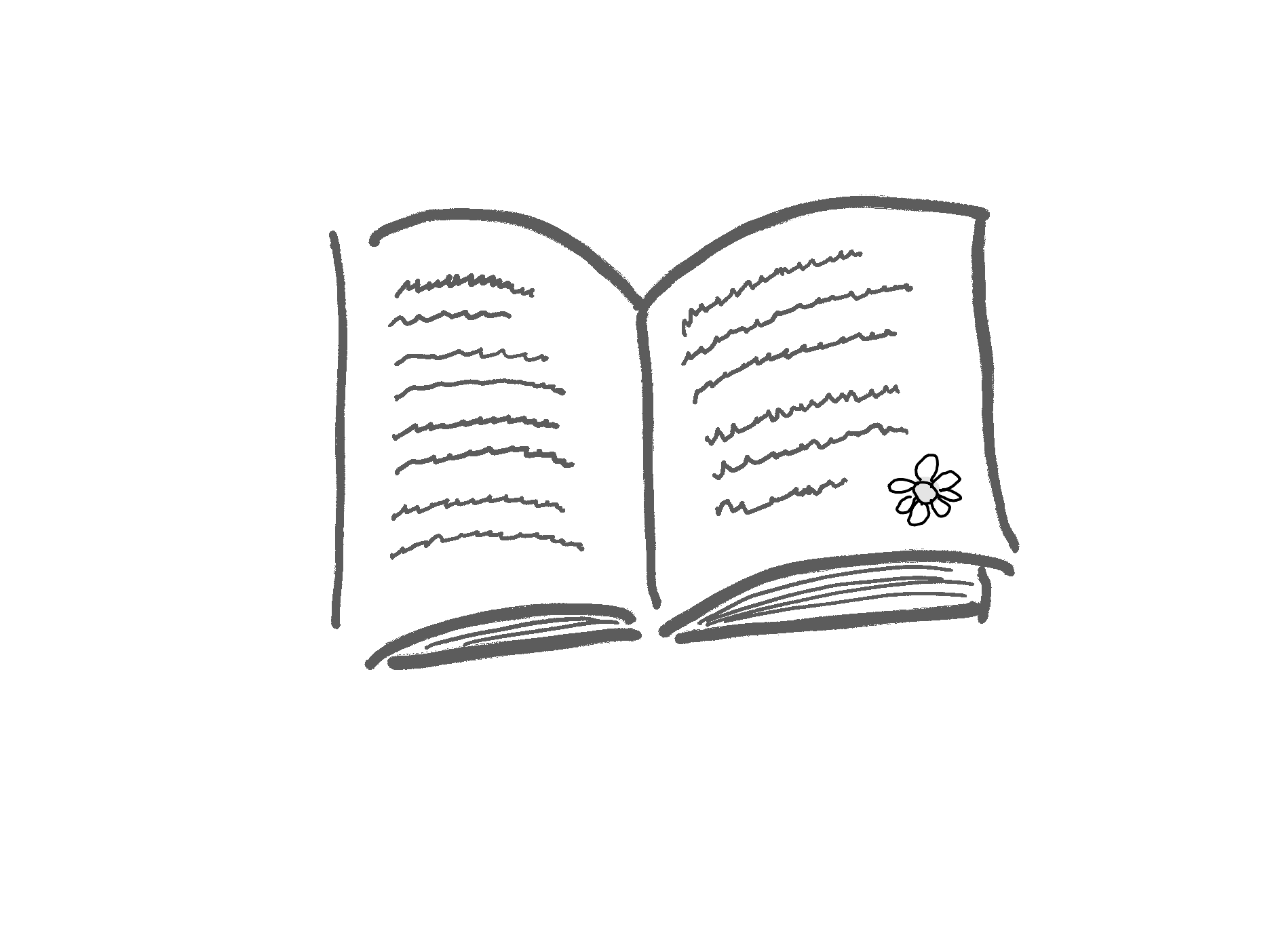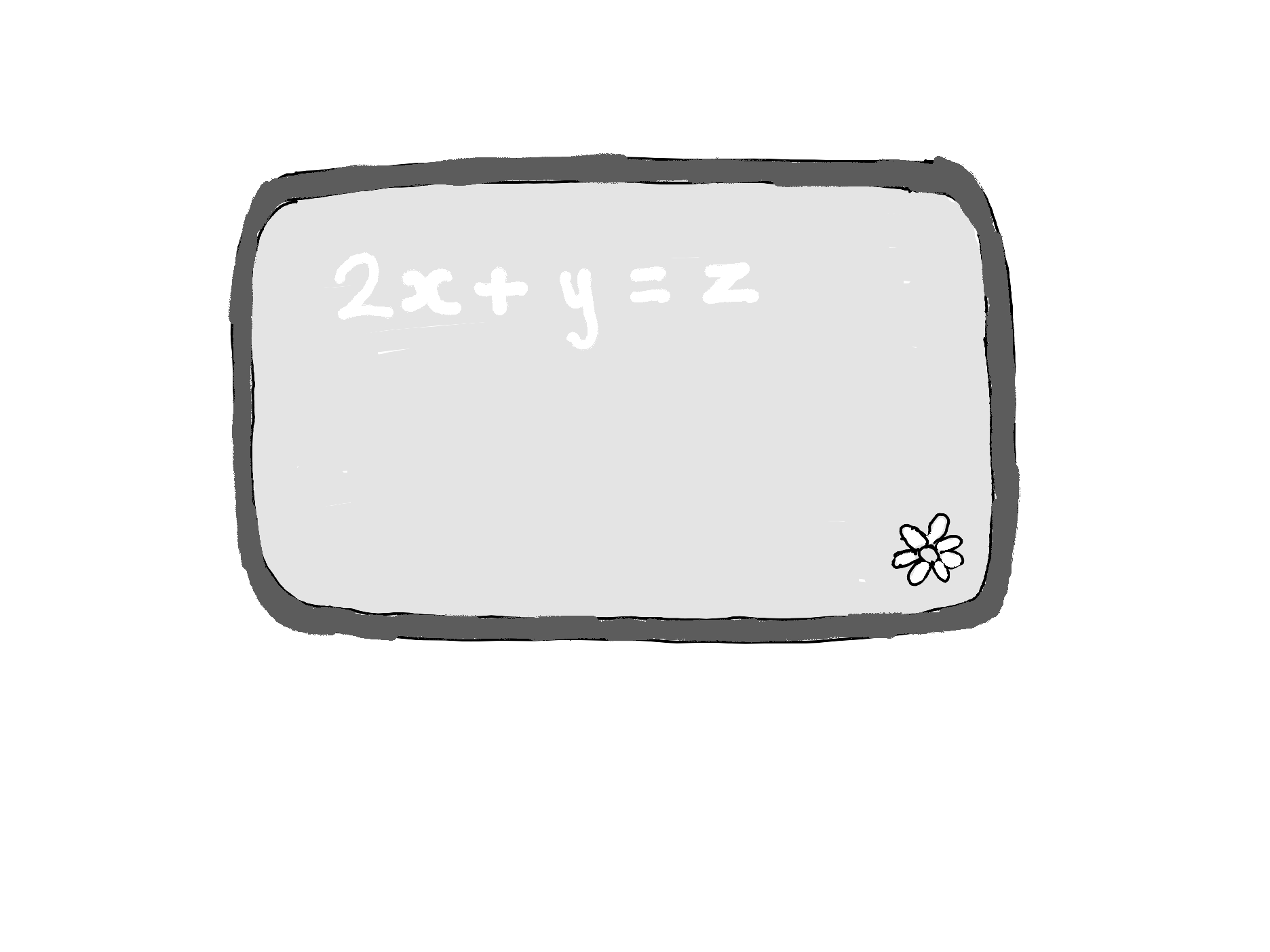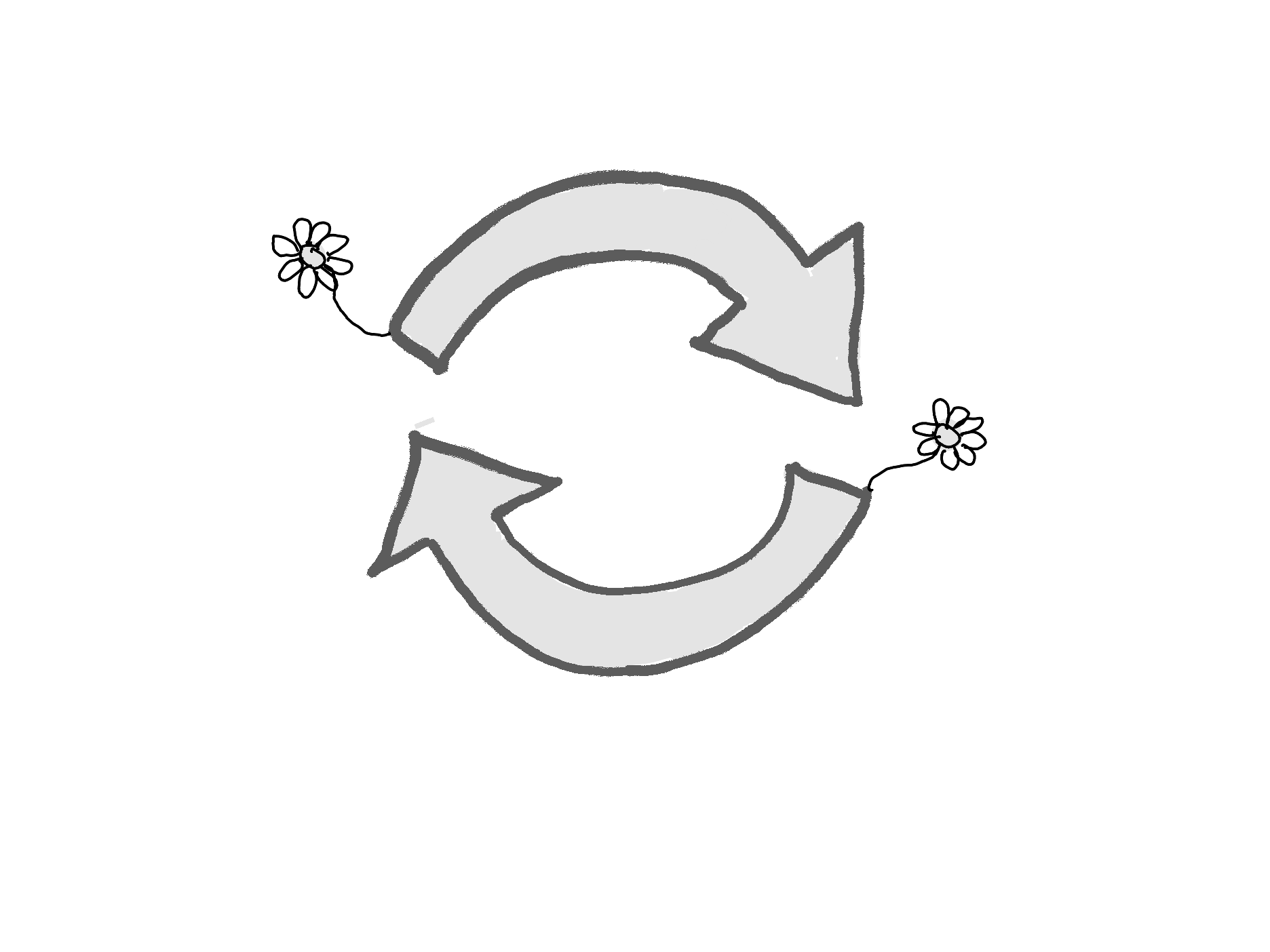I found the years preceding my transition from postdoc to lecturer to be a challenging and transformational time, which drove me to radically question my beliefs around what it means to be an academic.
To navigate this time, I found it an extremely useful exercise to explicitly write down what ideals I would like to embody as an academic. I share them publicly here to "put my skin in the game" in my efforts to live up to these ideals.
for me, the role of an academic is...
to educate the younger generation
Through teaching, supervision and mentorship. Educating is not about rigidly sticking to a "rulebook" of how you think you're meant to teach or supervise. Nor is it about trying to please everyone or trying to copy someone else's style. It is about trusting that your unique expression will be beneficial to the people that it's meant to. In my opinion, this may be the most sacred part of the job and one which should be undertaken with utmost responsibility.
to impart healthy academic culture
This is about recognising the invisible but very real impact of the emotional and relational field in academia. This is about maintaining personal integrity over personal gain. This is about recognising one's own power to do things differently - in a way which empowers everyone, rather than dominating or submitting to others. This is about recognising the impact that one's unconscious motives can have, on a local level (eg on the quality of one's work or in shaping the culture of one's research group) but also on a much broader scale.
I believe that the next big transformation in mathematics will not come from any particular mathematical breakthrough, but through collectively recognising how critical our culture is to the meaningful and sustainable cultivation and stewardship of the mathematical field.
to move the frontiers of academic knowledge and culture in a direction which is useful for humanity
I believe that as humans we have an intrinsic need to contribute positively to the world around us, and this applies to our research too. However, in pure mathematics the meaning of "useful for humanity" is clearly a very subtle matter (and one which we regularly encounter when discussing our research with our lay family and friends!)
It is not about trying to force some kind of impact to applied problems, but nor is it about developing a theory with no concern for the bigger picture. It is not about impressing a community or solving an important conjecture without proper appreciation for its context, but nor is it about having disregard for the questions your community care about.
As you can see, I find it easier to say what "useful for humanity" is not than what it is. Ultimately I believe the quality of being "useful for humanity" is deeply personal - even mystical - and is intimately tied to being in touch with knowing what questions make us come alive.
We can support and challenge each other to be more authentic in this domain. However uncomfortable the conversations with our lay acquaintances can be, I believe they hold the potential to offer the most illumination of our own motivations. We should be probed and even challenged on our motivations from people who don't share our expertise and it is OK to not yet have a framing which convinces them. This is a beautiful lifelong process of "living the questions".
Whether we are conscious of it or not, we are choosing what kind of research is meaningful. So, what is going to be meaningful to you?

to communicate academic knowledge to achieve impact where it is possible
Communicating our research is all about telling stories, which is why I have always got a unique enjoyment out of giving talks, drafting the sketch of a paper or crafting a research proposal. Now, there are good stories and there are bad stories, and there are true stories and there are less true stories. I think our role here is to continuously strive to tell better, more true, more useful stories.
There is his-story (why other people started studying the thing), there is proper appreciation of context (why your audience should care about this thing) and there is the sadly often neglected personal thread (why you find yourself working on the thing).
The temptations to sacrifice the quality of the story are endless. There is the temptation to save prep time by giving the argument as it appears in the paper, at the expense of obscuring the essential point. There are the annoying uncertainties which you could easily sweep under the rug and get away with, at the expense of missing the opportunity to view things from a higher plane.
More true, more good, more beautiful. I believe it is these stories which lead to real impact.




